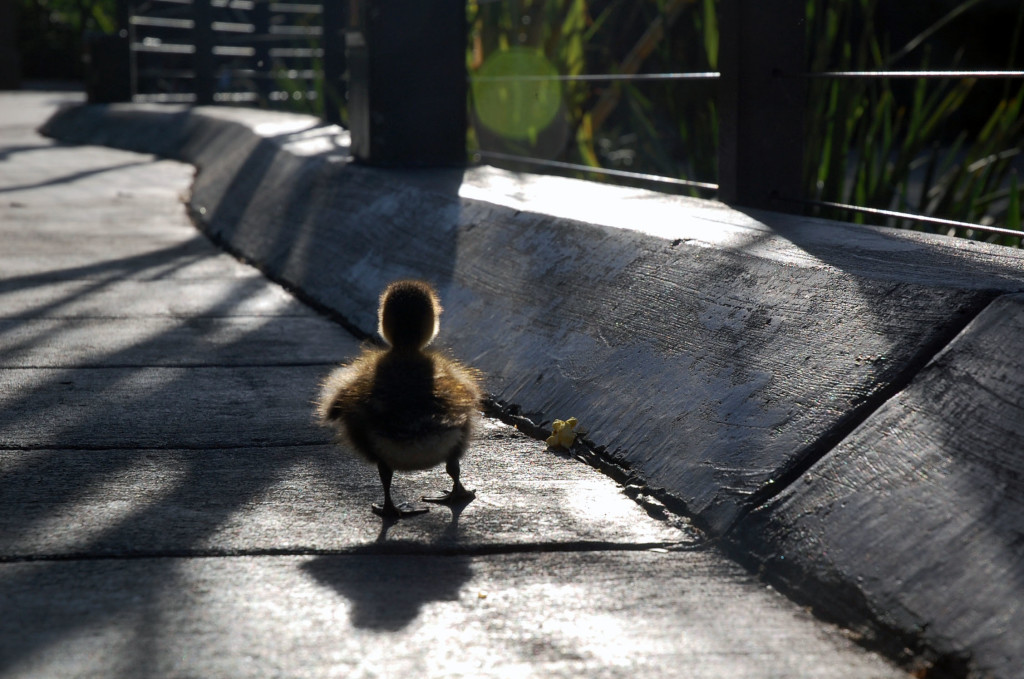
Children learn through play. It engages their whole being (social, physical, emotional, cognitive, and creative areas of development – S.P.E.C.C.). Play gives them the opportunity to experiment with language, and to imagine and act out a variety of roles, relationships, and experiences in various settings. Play is intrinsically motivating and enables children to develop social relationships. Through play children learn about themselves and try to make sense of the world around them. Therefore, an appropriate learning environment for young children is one that is child-centered, child-initiated, and play-based to promote the development of the child.
Adult-child interactions and activities and materials should be relevant for each child’s stage of development and should foster all areas of development (S.P.E.C.C.) Each child is unique, therefore the environment should have a variety of learning opportunities for the child’s individual needs, interests, abilities, learning styles and rates of development. The environment should allow for exploration and discovery, and hands-on interaction with concrete objects.
Children should feel safe, secure, and accepted to enable them to take risks and to express themselves freely. The environment should be challenging to children and allow for success so that children will gain self-confidence and be motivated to continue their learning experiences. The learning environment should be one of inclusion, and should foster the development of pro-social behaviours (cooperation, sharing), positive self-worth, and respect for themselves, others, and their physical and natural surroundings.
Children learn self-discipline and self-control through positive guidance techniques, such as setting clear limits, redirecting, modelling and encouraging appropriate behaviour.
We relate to children as a facilitator or guide in their development. We set up stimulating, challenging, and proper materials and activities to promote the children’s holistic development (S.P.E.C.C.). We accept and support the children in their endeavors and help them realize their potential. We relate to all the children with warmth, sensitivity, encouragement, and love to set up a climate in which they enjoy learning. Our relationships with children are based on mutual respect, trust and caring.
Our relationship with parents is as partners in the development of their child. By working together through continuous, open communication and sharing of information, we can best provide the child’s development, at home and in an early childhood setting. We encourage parents to take part in any planning and decision-making that involves their child.
We use the help of community services and helping professionals to offer a network of support for families and educational and recreational opportunities for the children in our care.